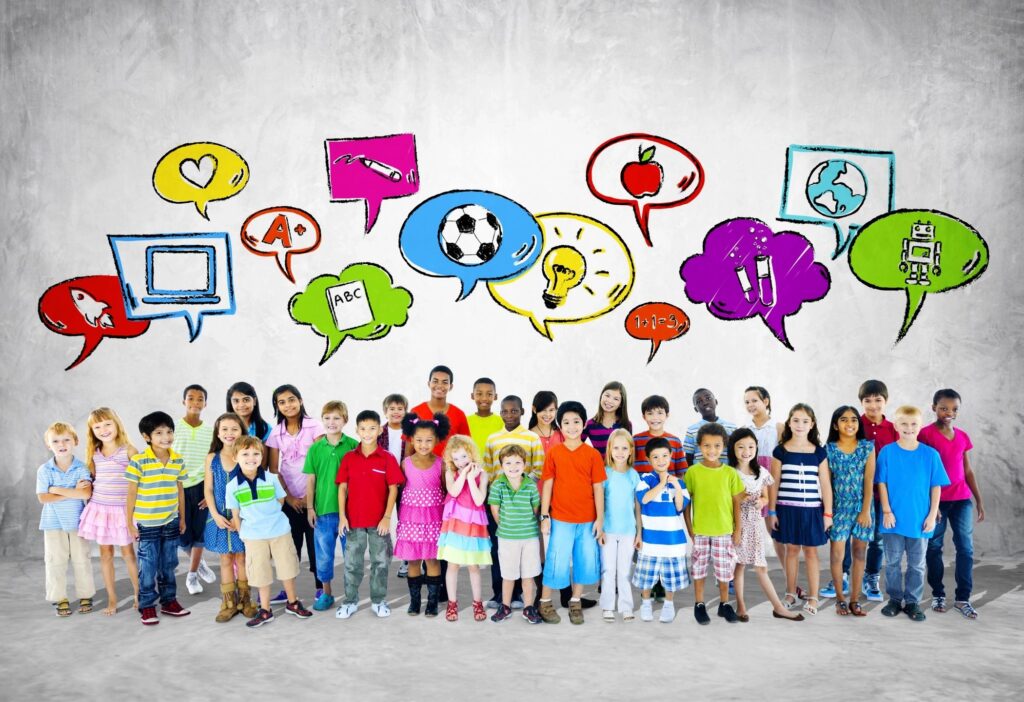
Media Literacy: An Essential Twenty-First Century Skill
Here's an idea you won't here about in, well, the media: we should have media literacy classes in schools.
Despite how much information we get from the media, we don't talk much about how to critically evaluate the things we see on TV or read in the papers. But not helping students learn how to critically evaluate media sources does a disservice to them and to ourselves as a society.
Several studies have suggested that media literacy interventions can put people in a better position to put information from the media in context. Most recently, a review of sixteen studies looked at how media literacy affected people's body images.
The review showed that media literacy training seems to help people become more skeptical about how realistic media content is and more aware of media's profit motives. Moreover, it found that high scores on media literacy were associated with low scores on body dissatisfaction and that media literacy interventions tended to improve body image.
Other research has echoed these findings. A study published this month found that teenage girls with high media literacy were less likely to experience body dissatisfaction as a result of internalizing thin ideals and comparing themselves to others. Another study found that a media literacy intervention lowered female college students' rates of body dissatisfaction and body dysmorphic disorder. No surprise, then, that the same intervention also increased participants' self-esteem!
However, body image isn't the only area where media literacy classes can pay off.
Research has suggested that media literacy training can help students make more informed decisions about alcohol use and smoking. Other studies have even shown that media literacy classes can decrease violent and aggressive behaviors and rates of gaming addiction.
The point emerging from all these studies is that people internalize messages from the media in deep ways, and knowing how to make sense of those messages is an important tool for mental health and for understanding the world around us.
Media literacy classes in schools would prepare students to parse information from the media more critically and make up their own minds. That can only be good for those students – and, incidentally, for all of us when those same students turn 18 and go to vote.